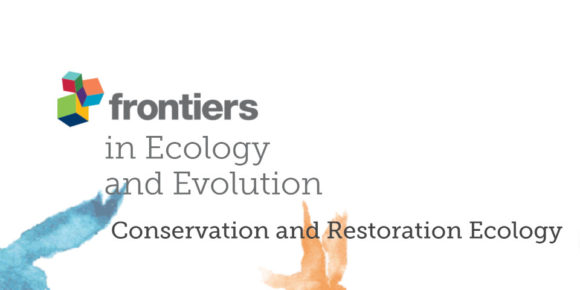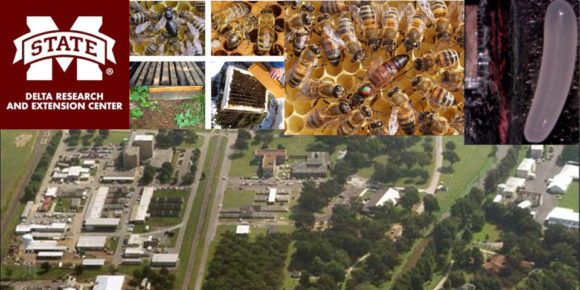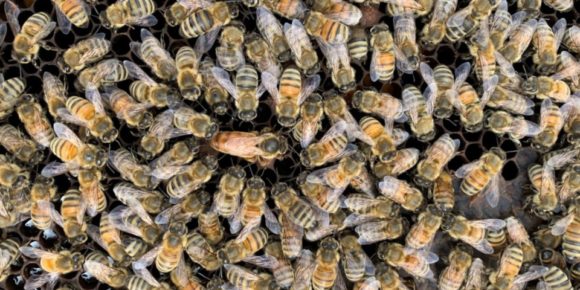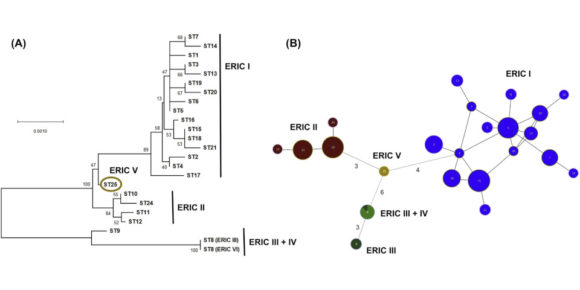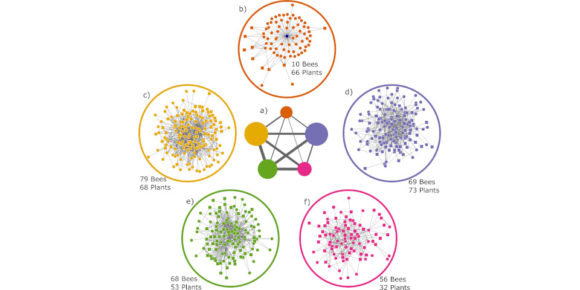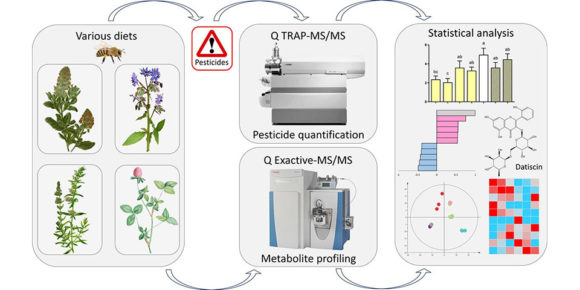The Diversity Decline in Wild and Managed Honey Bee Populations Urges for an Integrated Conservation Approach
Many parts of the globe experience severe losses and fragmentation of habitats, affecting the self-sustainability of pollinator populations. A number of bee species coexist as wild and managed populations. Using honey bees as an example, we argue that several management practices in beekeeping threaten genetic diversity in both wild and managed populations, and drive population…






